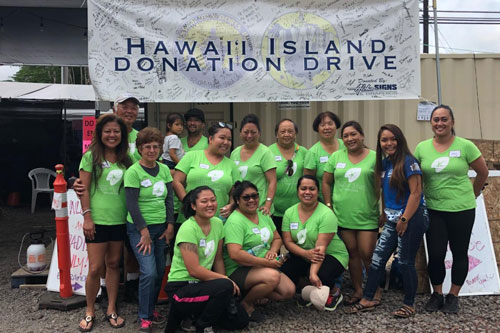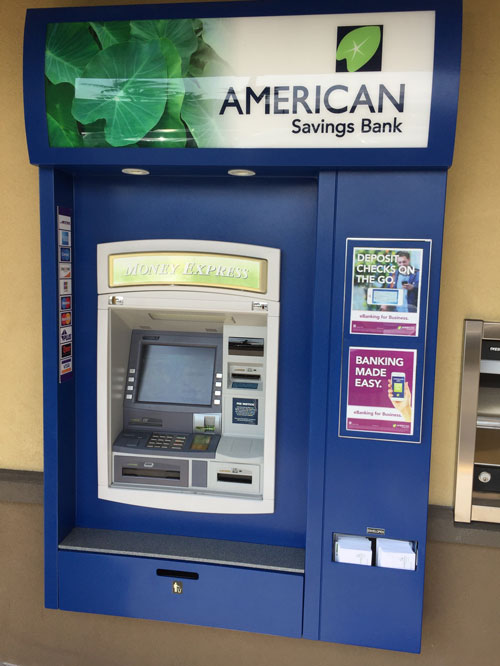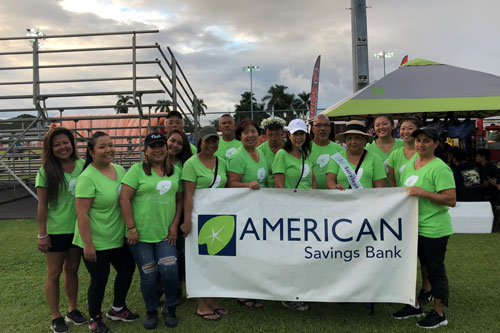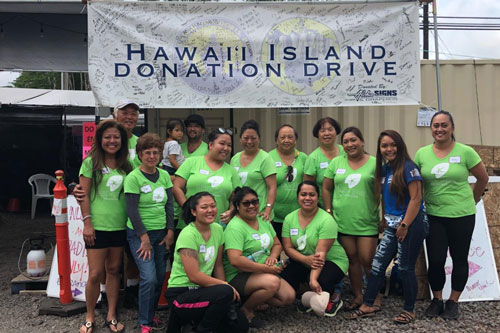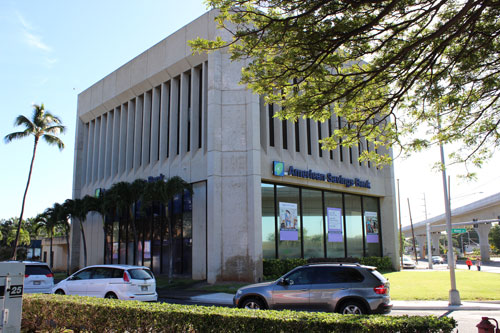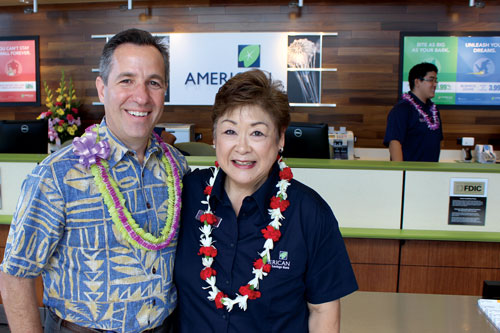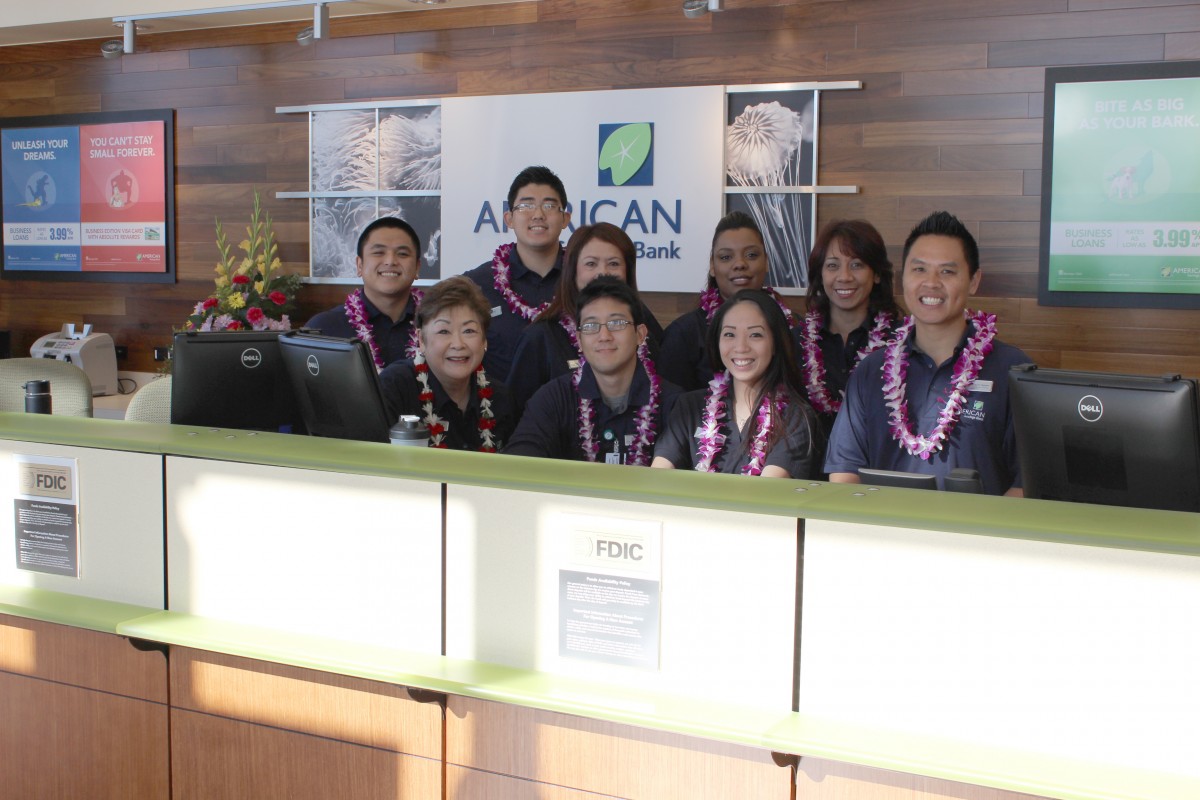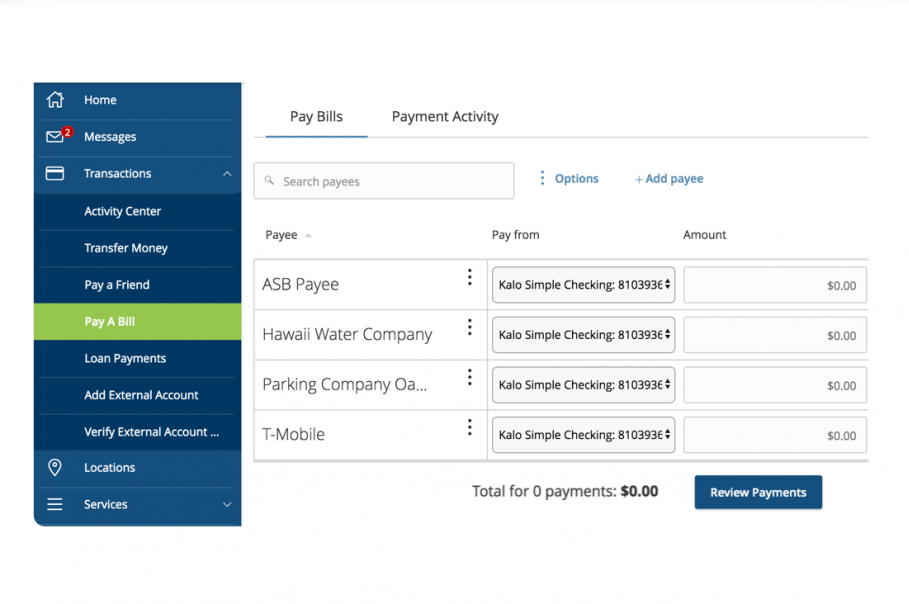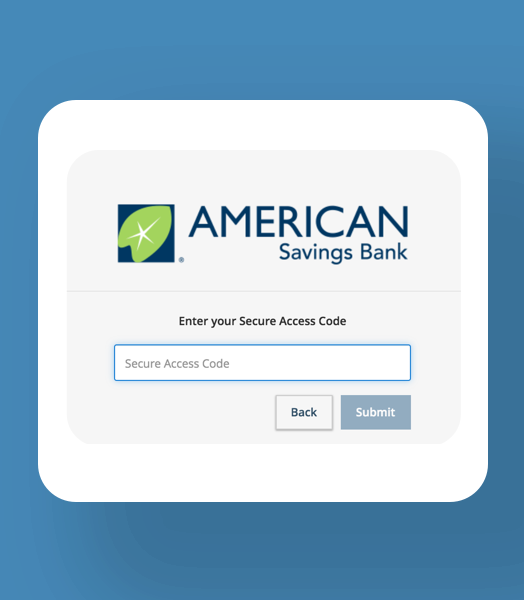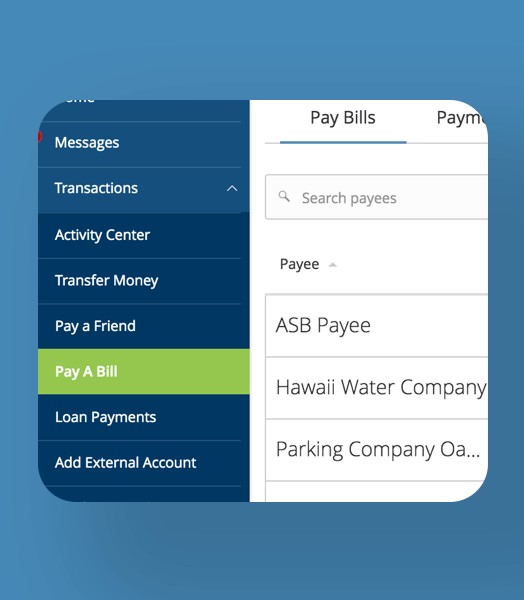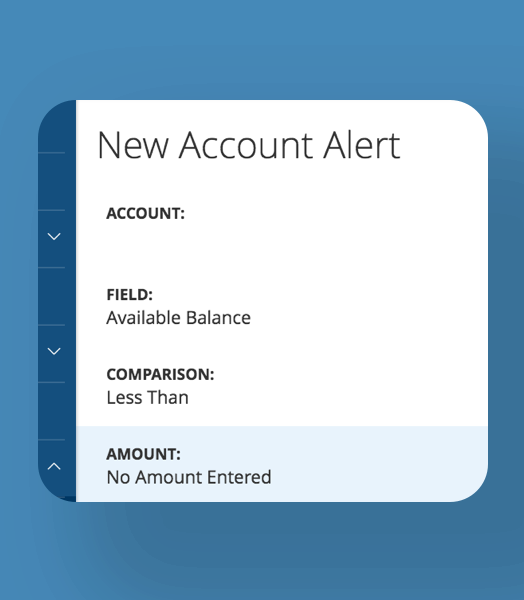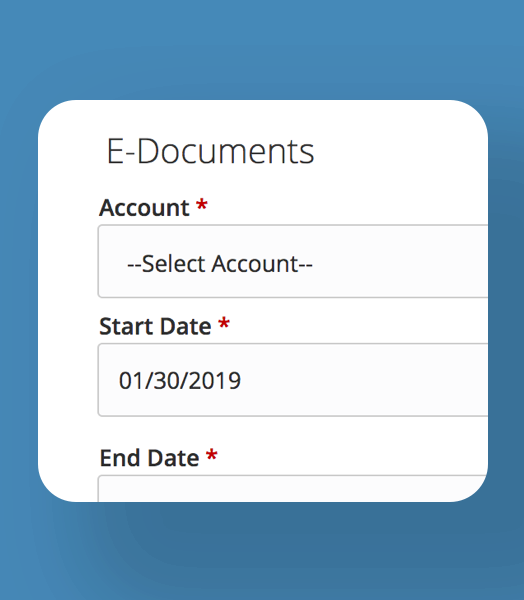< Back Helpful Articles
What Are the Advantages of Building Credit?
By
ASB
May 09, 2019 |
5 min
read
N/A
Carrying some manageable debt is necessary for building credit. Your credit score has a big impact on your ability to finance big purchases. Knowing how to build credit and maintain a good credit score can help set you up for financial success in the future.
You might think your credit score isn’t important, or that building your score is too difficult to manage. Lucky for you, we’ve included a few tips below to help you build a high credit score – which can be instrumental in helping you buy your first house or finance a new car.
ADVANTAGES OF A HIGH CREDIT SCORE
Unless you have an unlimited supply of cash, a high credit score can help you pay for many of life’s big events. Securing a great interest rate on a loan is a lot easier if you have a credit history and have built a high credit score. There are many different situations where a solid credit score can give you an advantage, including:
BIG PURCHASES
Have you thought about buying a house someday? Or, are you looking to purchase a new car? Both of these purchases likely require financing. Having a high credit score is essential. When you’re taking out a loan for a major purchase, your credit score is used by your lender to determine if you’re responsible enough to pay back the loan on time. Plus, good credit generally gives you access to better loan rates than if you have a bad credit score.
CREDIT CARDS
Much like a loan for a new car, buying a house, or making a big purchase with a personal loan, your credit score affects your approval and interest rates for credit cards. Many credit cards with rewards, for example, require good credit. With a high credit score, you may also be approved for a higher credit limit on a new credit card.
OTHER PERKS TO GOOD CREDIT
While getting the best interest rate available is a great advantage to a high credit score, there are some perks that are often overlooked. For example, a high credit score may help you qualify for lower car insurance rates. Credit is one of the factors that many insurance providers take into account when giving you an auto insurance quote. With good credit, you may also get an easier approval when renting an apartment. Once you’ve moved into that new apartment, a high credit score can reduce or eliminate the deposit you have to pay to set up utilities in your name.
WAYS TO START BUILDING CREDIT
If you’re starting from scratch, building credit can seem almost impossible. To get good credit, you need some form of a loan or credit line. You can use the following strategies to build credit if you don’t have a credit history.
SECURED CREDIT CARDS
Without a credit history, or if you are rebuilding your credit history, it can be hard to get approved for a credit card. Secured credit cards, unlike other credit cards, can be a good start. A secured card requires a cash deposit to open. This deposit is retained as collateral in case you default on payments on your credit card. Generally, the amount of your deposit is your credit limit for your new credit card. Once you’re approved for a secured card, you use it just the same as a regular credit card, making sure to pay the full balance each month.
FIND A CO-SIGNER
Sometimes you may need cash to pay for something when you don’t have an established credit history. When this happens, a co-signer can help you get the money you need and build your credit. A co-signer is someone with good credit who agrees to pay your loan or debts if you don’t make payments. Many young adults have their parents or grandparents co-sign on their loan. As long as you make your payments on time, your co-signer will not be responsible for any of your debts.
A similar method to finding a co-signer for building credit is to become an authorized user on someone else’s credit card. If you’re in college, for example, your parents may add you as an authorized user on their credit card. You’ll get your own card, but your parent will be responsible for paying the bill each month. Many families use this method to build credit for their children. Parents often require their children to pay them back for their monthly purchases.
RENT AND UTILITIES
You may be able to build a positive credit history by making on-time rent and utility payments. There are several companies that allow you to record your rent payments. These are sent to the credit reporting agencies. Several months or years of on-time rent payments can help demonstrate that you make monthly payments reliably.
HOW TO MAINTAIN A GOOD CREDIT SCORE
You’ve finally built up a good credit score, but how do you maintain that score? The most important factor in keeping your good credit score is to make payments on time and in full. If you regularly use your credit card, for example, make sure to pay the full balance before it’s due. Likewise, make your loan payments on time each month. Getting behind on payments can quickly decrease your credit score.
You can also maintain a high credit score by not taking out too many loans or having too many credit cards. Each time you take out a new loan or open a new credit card, you will receive an inquiry on your credit history. Multiple credit inquiries can have a negative effect on your credit score.
LEARN MORE ABOUT BUILDING CREDIT
Building credit doesn’t have to be confusing or difficult. Knowing how to build your credit score can help you establish healthy financial habits for the future. Stop by one of our convenient branch locations to speak with an ASB teammate and start building your credit history today.



